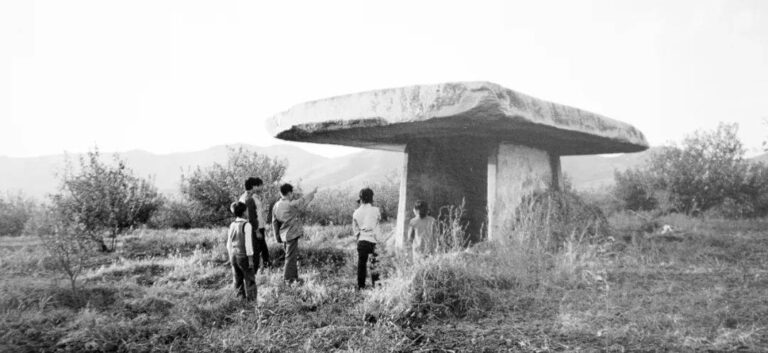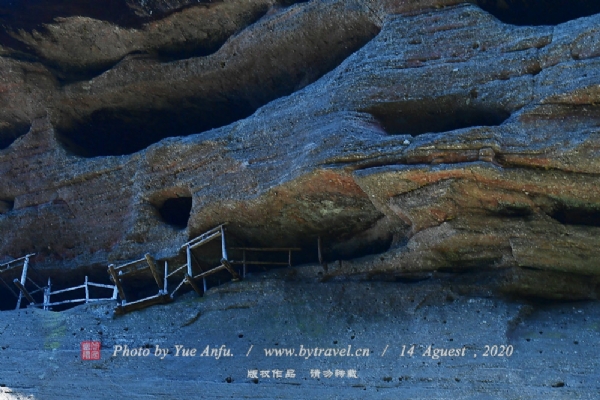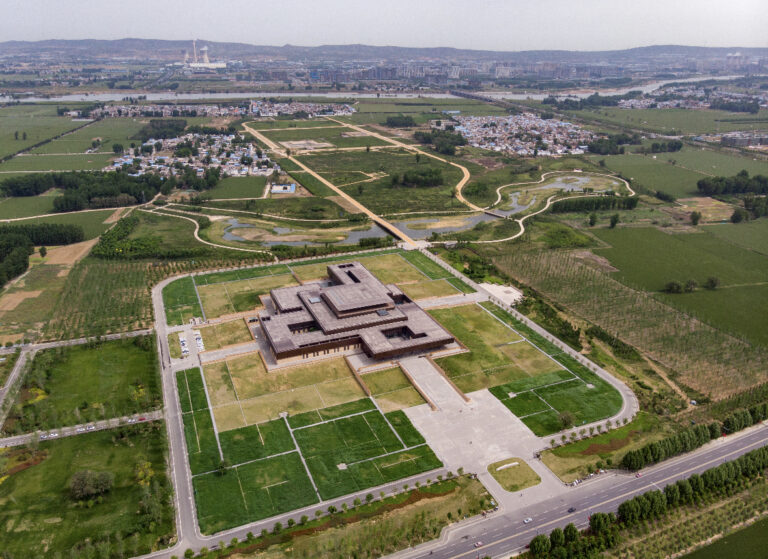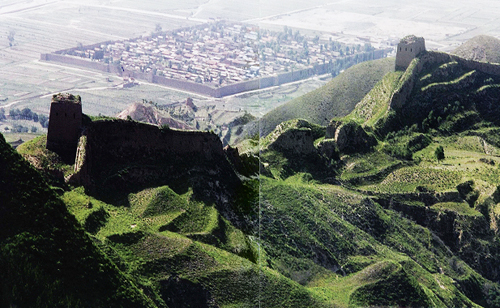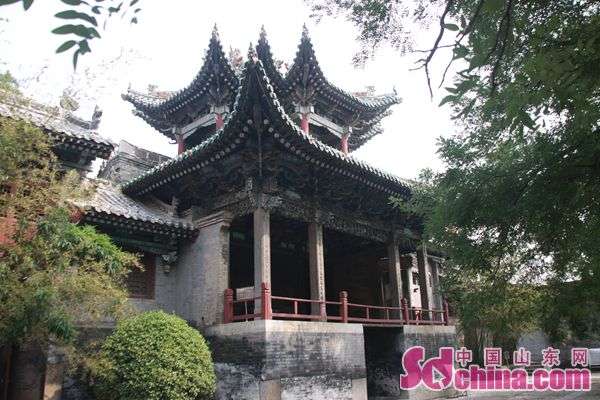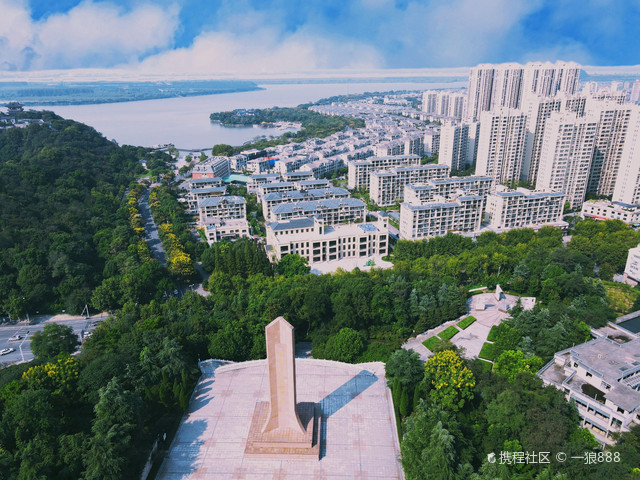Experience Tranquility at Dali’s Changchundong Dengjuesi: Top Tips for Travelers
An Essential Guide to Visiting Dali Changchundong Dengjuesi
In This Guide
- An Essential Guide to Visiting Dali Changchundong Dengjuesi
- The Rich History of Dali Changchundong Dengjuesi
- Main Highlights: What to See at Dali Changchundong Dengjuesi
- Planning Your Visit: A Practical Guide
- Tickets, Hours, and Booking
- How to Get There
- Local Cuisine and Accommodation
- Frequently Asked Questions
- Final Thoughts on Your Trip
Nestled amidst the breathtaking landscapes of Weishan County in Yunnan Province, Dali Changchundong Dengjuesi, also known as the Temple of Enlightenment, offers a serene retreat into the spiritual heart of Chinese Buddhism. This historic temple, with its origins dating back to the Tang Dynasty, serves as a testament to the region’s rich cultural heritage. The architecture of the temple is a harmonious blend of traditional Buddhist design and the unique local aesthetic, featuring intricate carvings, serene courtyards, and the iconic twin pagodas that stand as guardians of this sacred site.
Visitors to Dengjuesi are not only drawn by the temple’s architectural beauty but also by the profound sense of peace that envelops the grounds. The temple is home to numerous shrines dedicated to various deities, where the faithful come to pray and reflect. The surrounding hills and natural scenery enhance the spiritual atmosphere, making it an ideal spot for meditation and introspection.
As you explore this enchanting locale, you’ll find that the temple’s significance extends beyond its religious function; it is a vibrant cultural hub where ancient traditions meet the present. Whether you are seeking spiritual solace, a deeper understanding of Buddhist practices, or simply a picturesque setting for a day of exploration, Dali Changchundong Dengjuesi promises an unforgettable experience that resonates long after you leave its hallowed grounds.
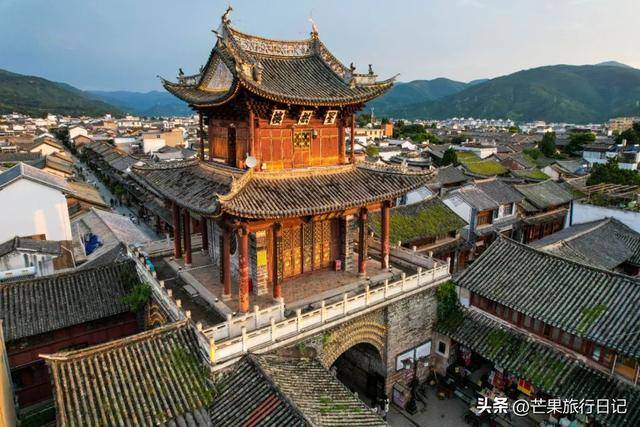
Dali Changchundong Dengjuesi.
The Rich History of Dali Changchundong Dengjuesi
Nestled in the scenic mountains of Yunnan Province, Dali Changchundong Dengjuesi, also known as the Temple of Enlightenment, boasts a rich history that reflects the cultural and spiritual tapestry of the region. This temple complex, situated in the Weishan Yi and Hui Autonomous County, has its roots in the Tang Dynasty (618-907 AD) when it was first established as a Buddhist site. Over the centuries, it evolved into a significant center for both Buddhist and Taoist practices, showcasing the region’s diverse religious influences.
The temple complex is particularly renowned for its architectural elegance and intricate design, which is emblematic of traditional Chinese temple construction. It features a unique layout that comprises multiple halls and courtyards, all arranged in a harmonious fashion that echoes the principles of Feng Shui. The most striking elements of the architecture are the twin pagodas, originally constructed during the Ming Dynasty (1368-1644). These pagodas, known for their nine-story structure and distinctive eaves, symbolize the union of heaven and earth, a theme prevalent in both Daoist and Buddhist philosophy.
Throughout its history, Dali Changchundong Dengjuesi has faced numerous challenges, including natural disasters and political strife, particularly during the Qing Dynasty (1644-1912) when significant portions of the temple were damaged. Despite these adversities, restoration efforts, especially during the early 20th century, helped preserve its historical significance and architectural integrity.
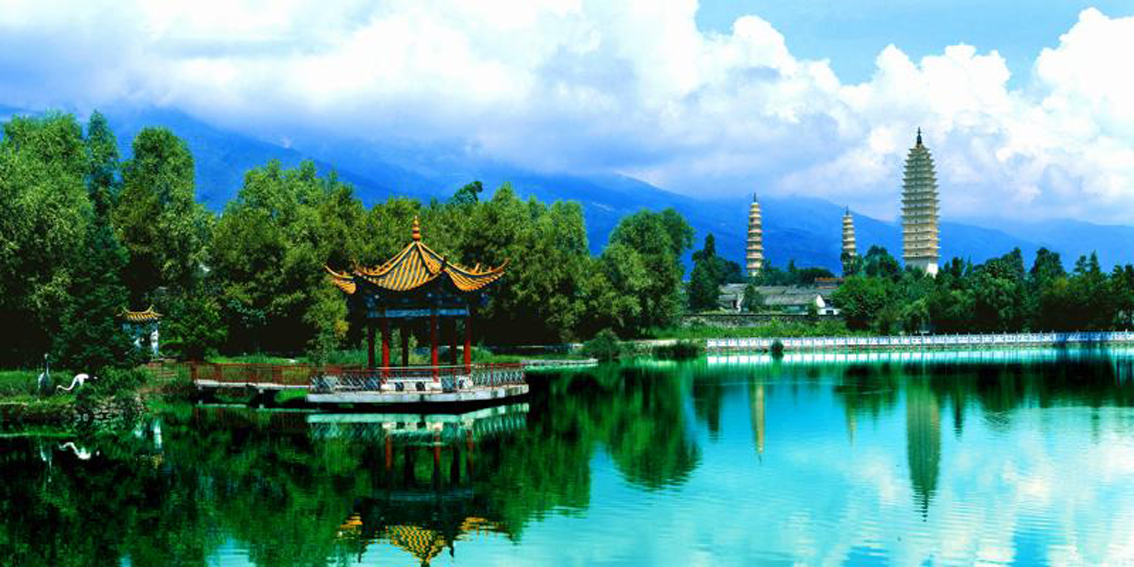
Dali Changchundong Dengjuesi.
In the modern era, the temple has become a focal point for cultural tourism, attracting visitors from around the world who are eager to explore its historical treasures and spiritual ambiance. The vibrant murals and intricate carvings that adorn its walls tell stories of ancient deities and legendary figures, inviting guests to delve deeper into the myths and philosophies that shaped this region.
Today, Dali Changchundong Dengjuesi stands not only as a testament to the architectural prowess of its builders but also as a living monument to the spiritual heritage of Yunnan. It continues to be a place of worship, reflection, and cultural exchange, embodying the enduring spirit of the communities that have cherished it for centuries.
Main Highlights: What to See at Dali Changchundong Dengjuesi
Nestled in the picturesque Weishan County of Yunnan Province, Dali Changchundong Dengjuesi, also known as the Temple of Enlightenment, is a captivating destination that beautifully combines history, architecture, and spirituality. Here are the key highlights that make this site a must-visit for travelers:
-
Historical Significance: Dating back to the Tang Dynasty, this temple is one of the oldest surviving Buddhist structures in the region. It serves as a testament to the rich cultural and religious history of the area, having been a center for Buddhist teachings and practices for centuries.
-
Architectural Marvel: The temple complex is renowned for its unique architectural style, featuring elegant pagodas and intricately designed halls. The twin pagodas, built during the Ming Dynasty, stand as prominent symbols of the temple and are characterized by their nine-tiered structures, showcasing exquisite craftsmanship.
-
Stunning Surroundings: Located at the foot of the majestic Weibao Mountain, the temple is surrounded by breathtaking natural beauty. The serene landscape provides a tranquil atmosphere that enhances the spiritual experience for visitors, making it an ideal spot for reflection and meditation.
-
Rich Cultural Experience: The temple is not just a place of worship but also a cultural hub where travelers can immerse themselves in local traditions. Visitors can witness various Buddhist rituals, explore the surrounding gardens, and even engage with monks to gain insights into their way of life.
-
Artistic Treasures: Inside the temple, you’ll find an array of stunning murals and sculptures that depict Buddhist deities and teachings. These artistic works are not only visually striking but also provide valuable context to the spiritual practices that have flourished here over the centuries.
-
Accessibility and Amenities: Dali Changchundong Dengjuesi is easily reachable from the ancient town of Dali, making it a convenient day trip. The area is equipped with visitor-friendly amenities, including guided tours and informational signage, ensuring a rich and informative experience for all who visit.
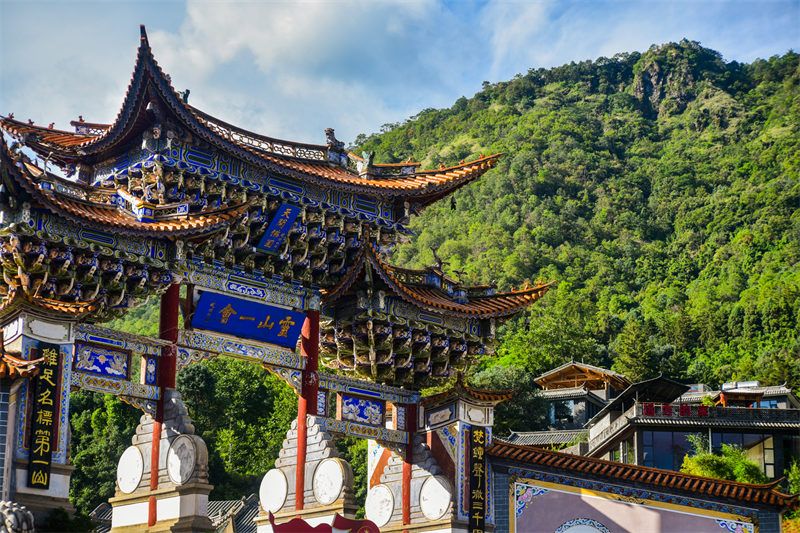
Dali Changchundong Dengjuesi.
In summary, a trip to Dali Changchundong Dengjuesi offers a harmonious blend of history, culture, and natural beauty, making it a standout destination for anyone exploring the enchanting landscapes of Yunnan Province. Whether you’re seeking spiritual growth, architectural beauty, or cultural immersion, this temple has something special to offer every traveler.
Planning Your Visit: A Practical Guide
Practical Guide to Dali Changchundong Dengjuesi (长春洞等觉寺)
Visiting Dali Changchundong Dengjuesi, also known as the Changchun Cave and Dengjuesi Temple, is an enriching experience that combines cultural appreciation with natural beauty. This practical guide will prepare you for your visit, covering everything from getting there to what to expect.
Location and Access
Dali Changchundong Dengjuesi is located in Weishan County, Yunnan Province, nestled at the foot of Weiba Mountain. The nearest city is Dali, approximately 43 kilometers away.
- Transportation Options:
- By Car: Renting a car or hiring a taxi from Dali is a convenient option. The journey takes about an hour.
- Public Transport: You can catch a local bus from Dali to Weishan, with services running frequently throughout the day. From Weishan, additional transport options can take you closer to the temple.
Opening Hours
While specific opening hours may vary, it is generally advisable to visit during daylight hours. It’s best to check ahead for any seasonal changes or special events that might affect accessibility.
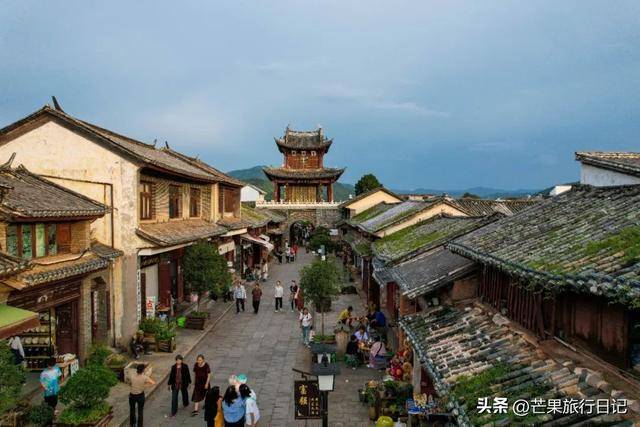
Dali Changchundong Dengjuesi.
Admission Fees
Entry to Dali Changchundong Dengjuesi is typically affordable, making it accessible to visitors. It is recommended to confirm the current ticket prices through local travel agencies or official websites.
What to See
The temple complex is a marvel of Taoist architecture and features a unique layout comprising nine levels and ten courtyards, designed in the shape of the Taoist Bagua (Eight Trigrams). Key highlights include:
- The Main Hall: Home to statues of various deities, the intricate carvings and paintings are sure to captivate.
- The Twin Pagodas: Constructed in the Ming Dynasty, these pagodas stand as historical landmarks and offer beautiful views of the surrounding landscape.
- Cultural Artefacts: Inside the temple, numerous Taoist murals and inscriptions tell stories of spiritual significance and local history.
Local Experiences
In addition to the temple visit, consider participating in some local activities:
- Guided Tours: Many local tour operators offer guided experiences that include insights into the cultural and historical background of the site.
- Photography: The stunning architecture and natural surroundings make this a perfect spot for photography enthusiasts.
- Local Cuisine: Don’t miss out on trying local dishes available at nearby restaurants, which often feature unique Yunnan flavors.
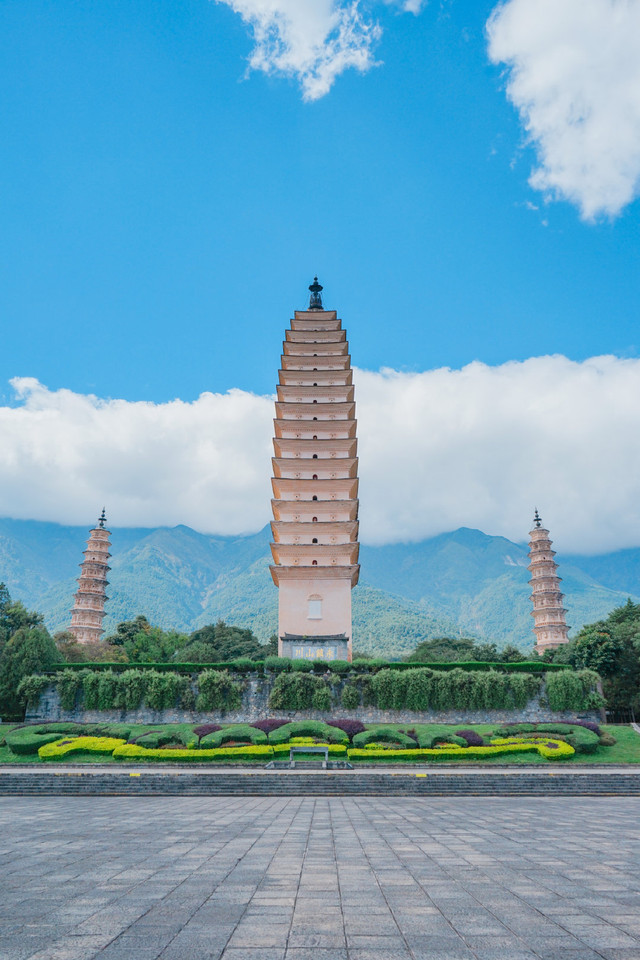
Dali Changchundong Dengjuesi.
Travel Tips
- Dress Appropriately: As a place of worship, modest clothing is recommended. Comfortable shoes are also advisable due to the uneven terrain.
- Respect Local Customs: Be mindful of the spiritual practices that occur at the temple. Observing silence in prayer areas and following any posted guidelines is important.
- Stay Hydrated: If visiting during warmer months, ensure to carry water and stay hydrated, especially if you plan on exploring the surrounding areas.
Nearby Attractions
While in the area, you may want to explore other attractions:
– Weiba Mountain: Known for its breathtaking vistas and hiking trails, this mountain offers a great opportunity for nature lovers.
– Weishan Ancient Town: A short distance away, this ancient town presents a glimpse into the region’s rich history, with traditional architecture and local markets to explore.
By following this practical guide, your visit to Dali Changchundong Dengjuesi will be both enjoyable and memorable, offering a deep dive into the cultural heritage of this beautiful region in Yunnan.
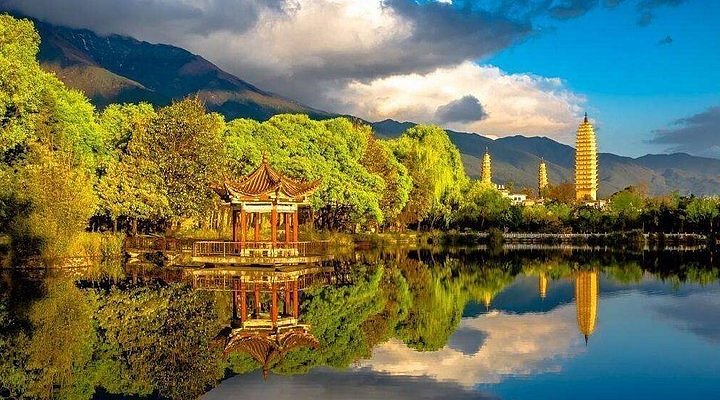
Dali Changchundong Dengjuesi.
Tickets, Hours, and Booking
When planning your visit to Dali’s Changchundong Dengjuesi (长春洞等觉寺), it’s important to be informed about the ticketing options available. The temple complex, known for its stunning architecture and serene atmosphere, welcomes visitors with a variety of ticketing options.
Admission Prices
- Adults: Approximately ¥39
- Children: Approximately ¥19 (ages 6-18)
- Students: Approximately ¥19 (with valid student ID)
- Seniors: Approximately ¥19 (age restrictions may apply)
Ticket Purchase
Tickets can be conveniently purchased on-site at the temple entrance. However, to avoid long lines, it is advisable to book your tickets in advance through various travel platforms or mobile apps. Popular services like Trip.com and local travel agencies often provide online booking options, which include discounts and special packages.
Opening Hours
Changchundong Dengjuesi typically operates from 8:00 AM to 6:00 PM, but it is recommended to check for any changes in hours, especially during public holidays or special events.
Tips for Visitors
- Bring Identification: If you’re a student or a senior, ensure you carry your ID to avail yourself of discounted rates.
- Plan Ahead: Given the temple’s popularity, visiting during off-peak hours (early morning or late afternoon) can enhance your experience.
- Respect Local Customs: As a religious site, dress modestly and be mindful of the temple’s etiquette.
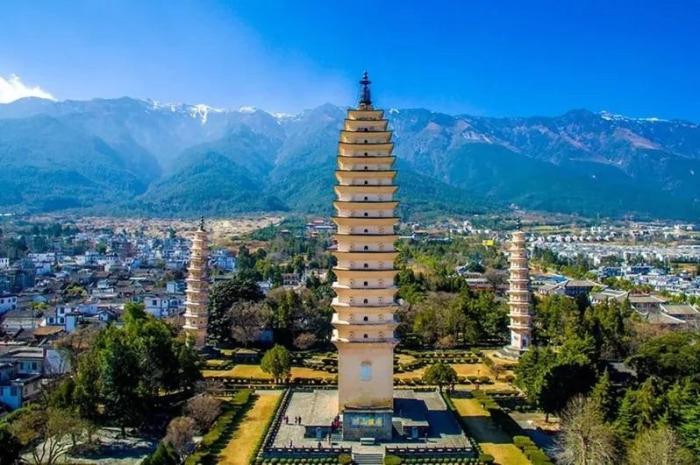
Dali Changchundong Dengjuesi.
By ensuring you have the right information about tickets and planning your visit accordingly, you can fully immerse yourself in the beauty and tranquility of Dali’s Changchundong Dengjuesi.
How to Get There
Getting to Dali Changchundong Dengjuesi (长春洞等觉寺) requires some planning, especially for international travelers eager to explore this stunning region of Yunnan Province. Here’s a comprehensive guide to help you navigate your journey.
By Air
The nearest major airport to Dali Changchundong Dengjuesi is Dali Airport (DLU), about 45 kilometers away from the site. This airport connects to several major cities in China, including Beijing, Shanghai, and Kunming. Upon landing, you can take a taxi or a pre-arranged shuttle service to reach your destination.
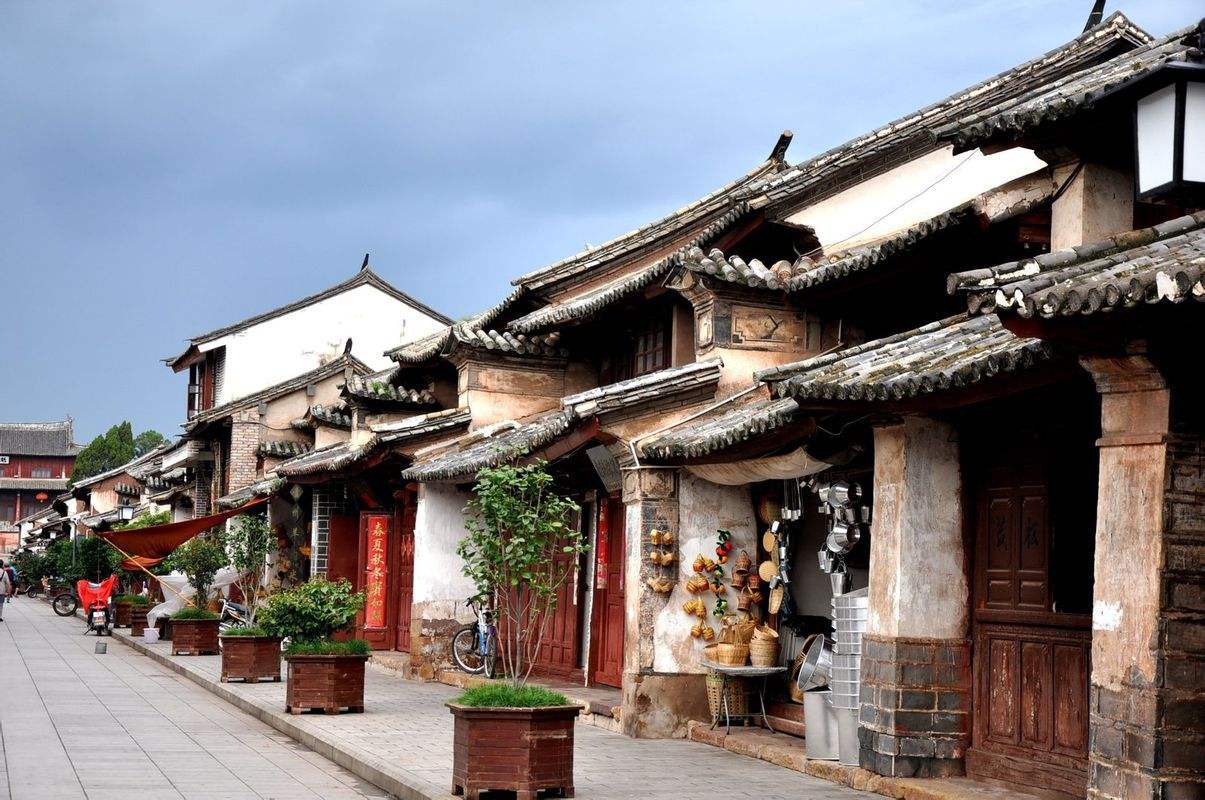
Dali Changchundong Dengjuesi.
By Train
For those traveling from Kunming, the capital of Yunnan Province, taking a high-speed train is an excellent option. The journey takes approximately 2 to 3 hours, depending on the train service. Trains arrive at Dali Railway Station, which is around 30 kilometers from Dali Changchundong Dengjuesi. From the station, you can hire a taxi or use a local ride-hailing app.
By Bus
Buses are a convenient way to travel within Yunnan. From Dali, you can catch a local bus to Weishan County, where Changchundong Dengjuesi is located. The bus ride typically takes about 1 to 1.5 hours. Once in Weishan, you may need to take a taxi or a local minibus to reach the temple complex.
Car Rentals
If you prefer a more flexible travel option, consider renting a car. There are several car rental agencies in Dali. Driving allows you to explore the picturesque landscapes at your own pace. The drive from Dali to Changchundong Dengjuesi takes approximately 1 hour, depending on traffic conditions.
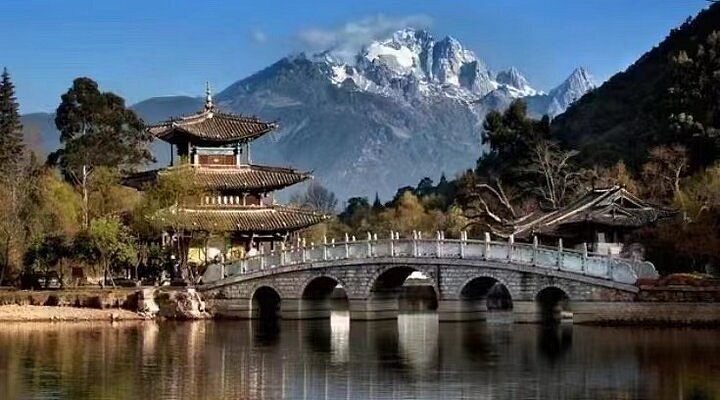
Dali Changchundong Dengjuesi.
Local Transportation
Once you arrive in Weishan County, local taxis and ride-hailing services are readily available. If you’re feeling adventurous, you could also rent a bicycle or e-bike to explore the area around Changchundong Dengjuesi, as the surrounding natural beauty is worth taking the time to enjoy.
Travel Tips
- Language: English is not widely spoken, so it might be helpful to have basic Chinese phrases handy or use a translation app.
- Cash: While mobile payments are common in China, some smaller towns may primarily accept cash. It’s advisable to carry some Chinese Yuan (CNY) for local purchases.
- Weather: Check the local weather conditions before your visit, as Yunnan’s climate can be unpredictable, and dress accordingly, especially if you plan to hike or explore outdoor areas.
With this transportation guide, you’re well on your way to enjoying a fruitful visit to Dali Changchundong Dengjuesi, where you can immerse yourself in its rich cultural and natural heritage. Safe travels!
Local Cuisine and Accommodation
When visiting Dali Changchundong Dengjuesi, the experience extends beyond its spiritual and historical allure to a delightful culinary and accommodation journey. Here’s a guide to the best dining and lodging options in the area.
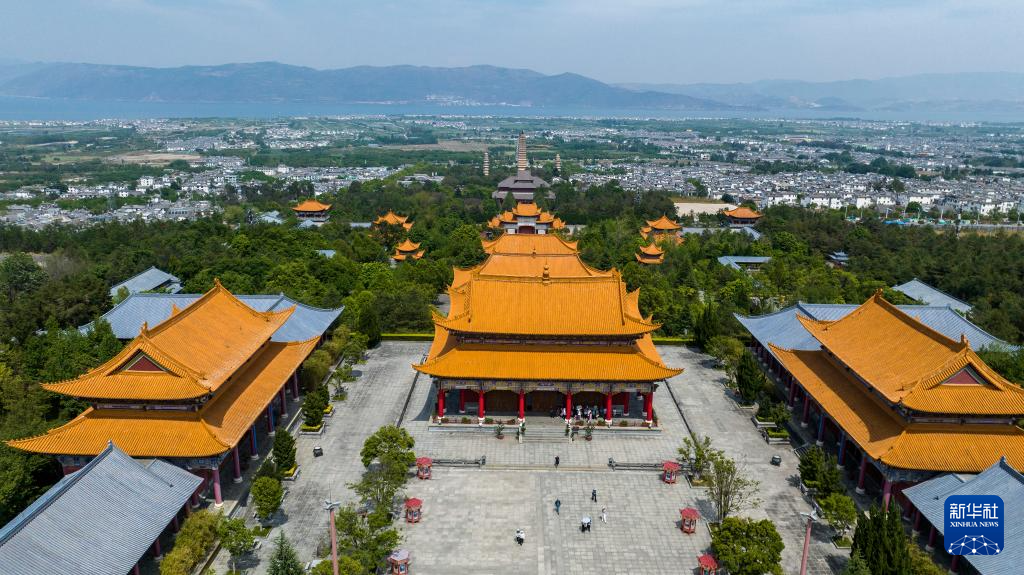
Dali Changchundong Dengjuesi.
Dining Recommendations
-
Liangji Xiaochu (良记小厨)
Located just 7.7 kilometers from the temple, this cozy eatery is known for its authentic local flavors. With a solid rating of 4.5, it offers a menu filled with classic Yunnan dishes, perfect for a satisfying meal after exploring the sights. -
Old Wang Ersi (老王餌絲)
Also within 7.7 kilometers, this popular spot has garnered a 4.7-star rating. Here, you can indulge in quick, delicious meals that capture the essence of the local cuisine, making it a great stop for those on the go. -
Utopia Bar (乌托邦酒吧)
For a unique dining experience, the Utopia Bar, located 7.6 kilometers away, boasts a perfect 5-star rating. It offers a fusion menu that combines Western and local flavors, all while providing stunning views of the surrounding landscape. A great place to unwind after a day of exploration! -
Pang Gu Niang Juan Fen (胖姑娘卷粉)
Just 7.9 kilometers from the temple, this eatery is all about simple yet delicious snacks. It’s an excellent choice for a light meal or a quick bite, and although it has a more casual atmosphere, it draws in crowds with its tasty offerings.
Accommodation Options
-
Dongxiang Xiaoyuan (东廂小院)
This charming inn, located in the ancient town of Weishan, is a mere 4.8 kilometers from the temple. With a rating of 4.8, it offers a cozy environment and comfortable rooms, perfect for travelers looking for a homey feel. Prices start at approximately HKD 268. -
Old Guo Hotel (巍山老倌精品客栈)
With a rating of 4.6, this boutique hotel is known for its excellent service and unique decor that reflects local culture. It’s an ideal choice for those wanting to immerse themselves in the region’s heritage. Rates begin at around HKD 246. -
Dali Yihe Yunxi Jinshi Hotel (大理頤和耘熹進士第酒店)
For a more luxurious stay, consider this highly rated hotel at 4.9 stars. Located slightly further away, it offers upscale amenities and exquisite dining options, with prices starting at HKD 1,500, making it perfect for a special getaway. -
Wai Shan Lao Guan Boutique Inn (巍山老馆·古城精品客栈)
This guesthouse combines traditional charm with modern comforts, rated 4.5 stars. It is well-situated for exploring the local area and offers reasonable rates starting at HKD 285, making it a great value option.
Conclusion
Whether you’re savoring local delicacies or resting in a comfortable inn, the food and accommodation around Dali Changchundong Dengjuesi enhance your travel experience. From casual eateries to boutique hotels, there’s something to suit every preference and budget. Enjoy your culinary and cultural adventure in this enchanting part of Yunnan!
Frequently Asked Questions
-
What is Dali Changchundong Dengjuesi (长春洞等觉寺)?
Dali Changchundong Dengjuesi, also known as Changchun Cave Temple, is an ancient Taoist temple located at the foot of Weibaoshan Mountain in Weishan County, Yunnan Province. Renowned for its unique architectural design, the temple complex includes several halls, gardens, and intricate carvings, symbolizing a Taoist cosmology. -
How do I get to Changchundong Dengjuesi?
The temple is accessible via public transportation from Dali or Weishan. Visitors can take a bus or hire a taxi to reach the site, which is approximately 10 kilometers from the Weishan ancient town. It is advisable to check local transport schedules ahead of time. -
What are the opening hours for the temple?
Changchundong Dengjuesi typically opens daily from 8:00 AM to 5:00 PM. However, it’s recommended to confirm the exact hours before your visit, as they may vary depending on the season or local events. -
Is there an entry fee for the temple?
Yes, there is an entry fee to visit Changchundong Dengjuesi. The ticket prices may vary based on age and group rates. Discounts might be available for students or seniors, so it’s beneficial to inquire about pricing when planning your visit. -
Are there guided tours available?
Yes, guided tours are available for visitors who wish to learn more about the history, architecture, and cultural significance of the temple. It’s advisable to book a tour in advance, especially during peak tourist seasons. -
What should I wear when visiting the temple?
Visitors are recommended to wear comfortable shoes suitable for walking, as the temple grounds can involve uneven terrain. Modest clothing is also advised to respect the religious significance of the site. -
What other attractions are nearby?
Nearby attractions include Weibaoshan Mountain, known for its stunning natural scenery and hiking trails, as well as the Weishan Ancient Town, which showcases traditional architecture and local culture. You can easily plan a day trip to explore these sites along with the temple. -
Is it possible to take photographs inside the temple?
Photography is generally allowed in the temple, but it’s important to be respectful of the sacred spaces and any signs indicating restrictions. Always check with the temple staff if you are unsure about specific areas where photography may not be permitted.
Final Thoughts on Your Trip
Visiting Changchundong Dengjuesi (长春洞等觉寺) is more than just a journey to a historic site; it’s an immersion into the rich tapestry of Chinese culture and spirituality. Nestled in the picturesque Weishan County, this ancient temple complex offers a unique blend of architectural beauty and serene landscapes. The intricacies of its Taoist designs and the tales embedded in its walls invite visitors to reflect on the teachings of harmony and balance that are central to this tradition.
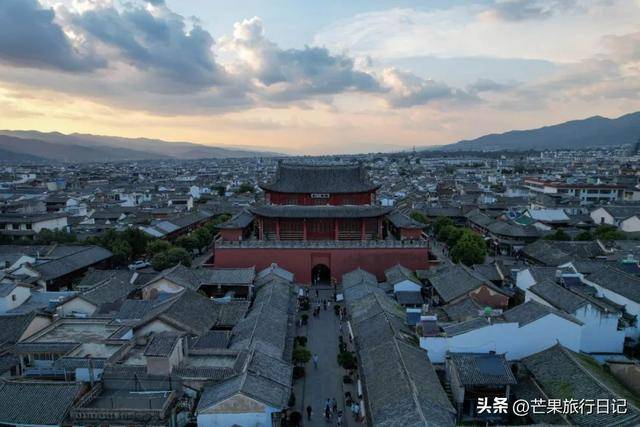
Dali Changchundong Dengjuesi.
As you wander through the intricate halls and gardens, you’ll find a profound connection to the past, one that resonates with the spiritual essence of the site. The duality of the temple and its surrounding natural beauty creates a tranquil environment that encourages introspection and a sense of peace. Whether you’re seeking spiritual enlightenment, a deeper understanding of local history, or simply a moment of quiet in a bustling world, Changchundong Dengjuesi provides an enriching experience.
In conclusion, make sure to add this hidden gem to your travel itinerary. Not only will you be exploring a significant cultural landmark, but you will also be engaging with a part of China that beautifully balances history, spirituality, and nature. Embrace the journey, and let the magic of Changchundong Dengjuesi enhance your adventures in Yunnan.
